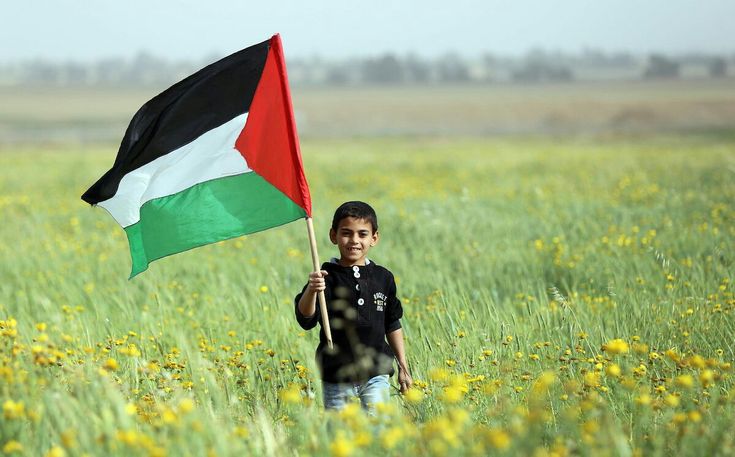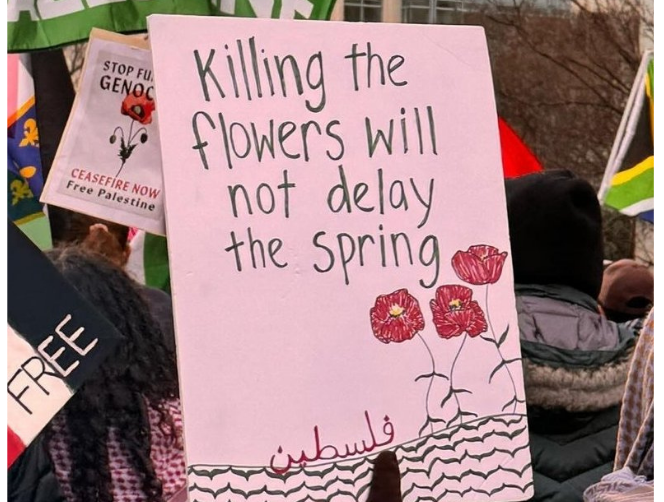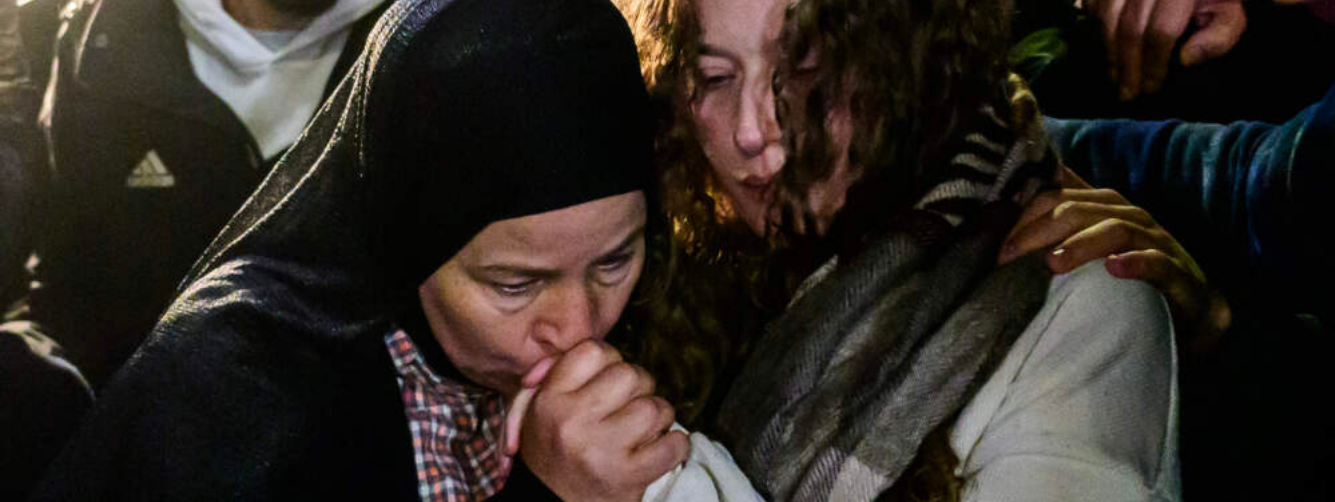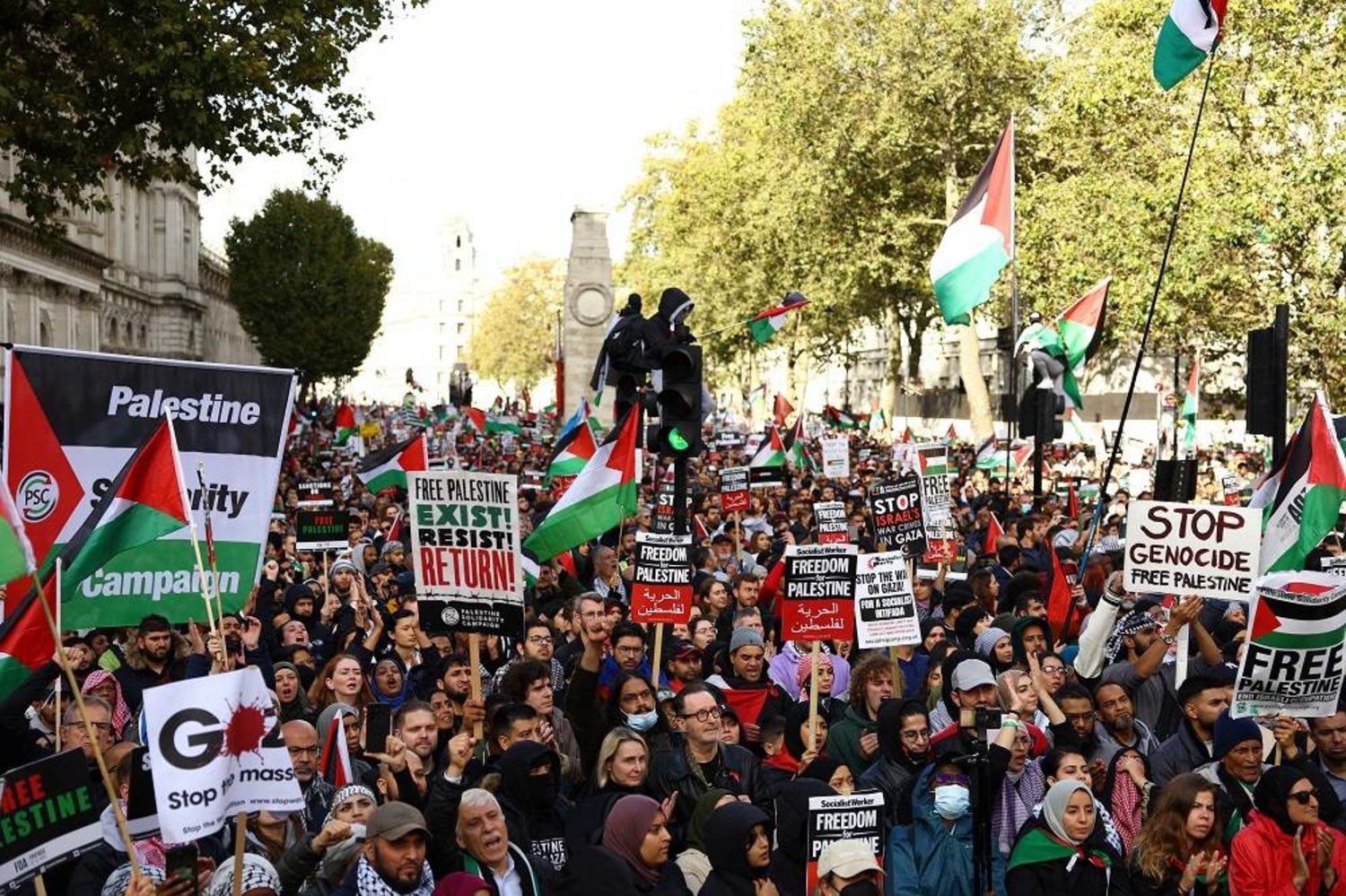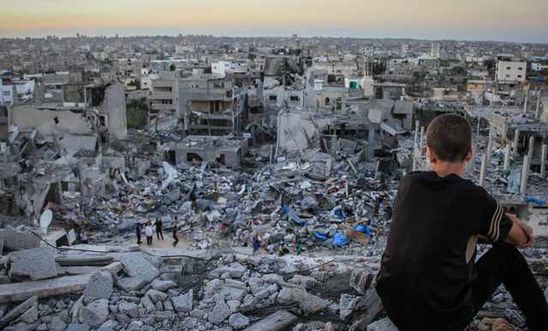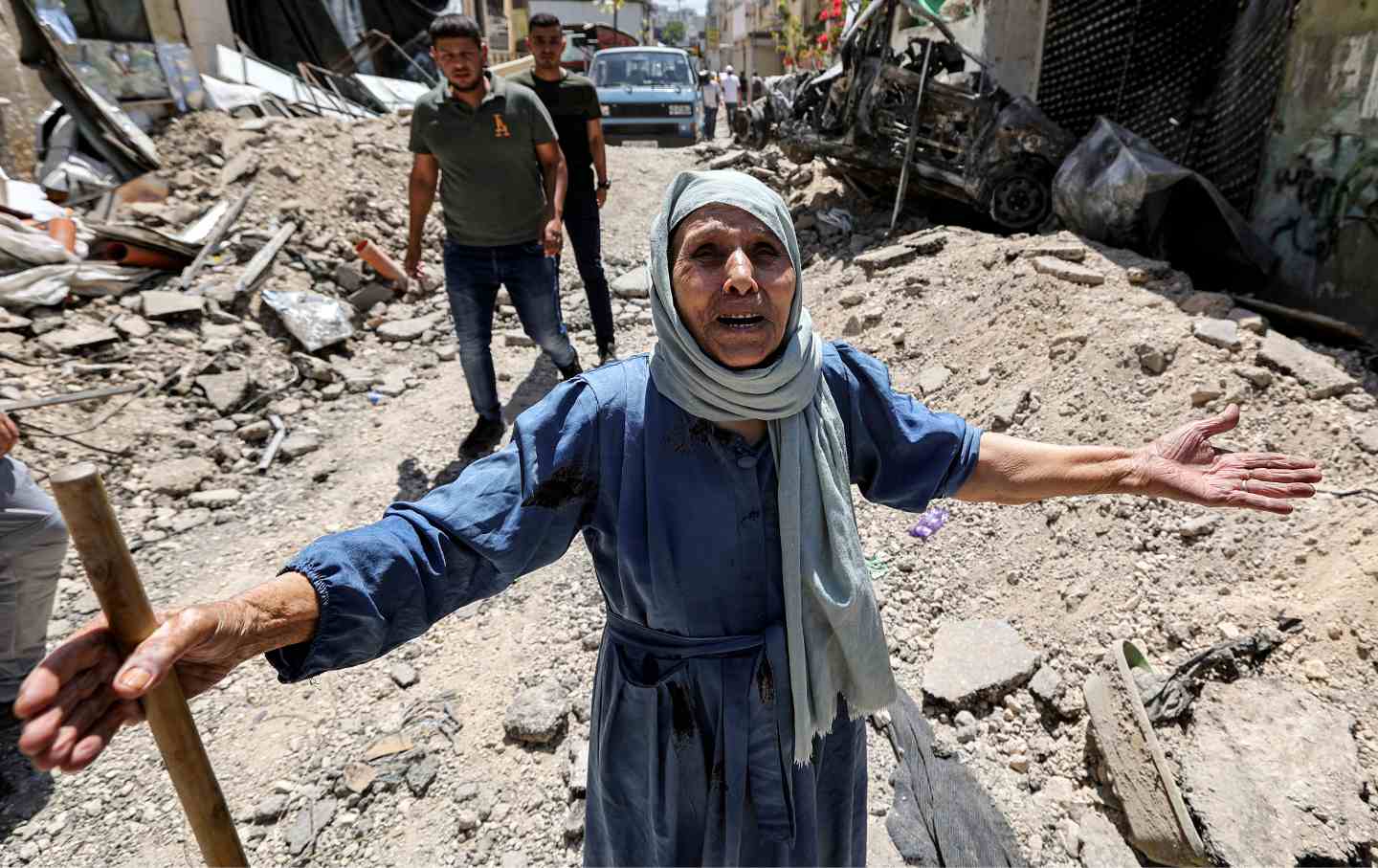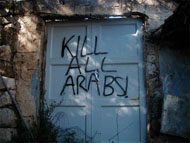
What unwritten law is out there that allows Israelis to sling racist insults at Palestinians with impunity? After all my years in this country and the absurdities that come along with it, this is one absurdity I still find hard to digest.
Obviously, my outrage has been most recently rekindled by Israeli Public Security Minister Yitzhak Aharonovitch, who during a tour of the old central bus station in Tel Aviv called a Palestinian-Israeli policeman a "real dirty Arab." Once the words were out, the minister was forced to apologize, saying his remarks did not reflect his worldview. A spokesman for the ministry also issued a statement saying that, "in a moment of jest, and using common slang, the minister said what he said, not intending to hurt anyone."
If this were an isolated incident or if it were not an Israeli right-wing minister who said it, we might, just might, be inclined to believe this sorry excuse for an explanation. But in Israel's history with the Palestinians, this can hardly be considered slip-of-the-tongue. Instead, such slurs are embedded in a historically-rooted relationship between Israeli Jews and their perceived Palestinian-Arab subordinates, a relationship that is so lopsided it allows room for those who wish to be verbally abusive against Palestinians to thrive.
This is certainly not the first time an Israeli political or religious figure insults Palestinians or calls them some degrading name. In 2001, the spiritual leader of Shas, Ovadia Yosef called Palestinians snakes and called on God to "annihilate Arabs." In an interview with the Israeli daily Maariv, he said, "It is forbidden to be merciful to them, you must give them missiles, - annihilate them. Evil ones, damnable ones."
Expecting that such remarks might not be received well by the public and the media, a Shas spokesperson at the time clarified that Yosef had only been referring to "Arab murderers and terrorists." Doesn't that make us all feel better?
Still, some may say Yosef was an overzealous, ultra-religious fumbling fool who should not be taken seriously. Fine. What about Israel's prime ministers? Those who the Israeli public voted into office? In 1982, in a speech to the Knesset, Prime Minister Menachem Begin said, "The Palestinians are beasts walking on two legs."
A year later, Raphael Eitan, then-Israeli army chief of staff told the New York Times, "When we have settled the land, all the Arabs will be able to do about it will be to scurry around like drugged cockroaches in a bottle."
At times, such blatantly racist statements embarrass Israel, not because many do not believe them but because Israel markets itself as a democratic country that treats all of its citizens with dignity and equality. We Palestinians here in the West Bank and Gaza are not Israeli citizens, but to mention that we have been under an Israeli military occupation for over 40 years just opens one more can of worms and adds to the explanations Israeli officials must provide as to why we are treated so badly.
The policeman who was insulted by Aharonovitch in Tel Aviv however, is an Israeli citizen, one of 1.2 million Palestinians living inside Israel. According to the law, this cop is to be treated like any other citizen of Israel, without discrimination. In reality, though, he and all the other Palestinians are treated as second class citizens, mostly because they live in a country tailored for Jews only. This is no secret. Israel was established as a homeland for Jews, Prime Minister Benjamin Netanyahu has set the recognition of the country as a Jewish state as a condition for talks with Palestinians and any Jew anywhere in the world has a right to make Israel their home under its Law of Return.
Add to this even more anti-Arab and Palestinian sentiment found in Israeli "common slang". According to an article in Haaretz about the Salute for Israel Parade in New York City, young Israelis singing Am Yisrael Chai, (the Jewish Nation Lives), replaced the line "The People of Israel Lives" with "All the Arabs Must Die." When asked by a fellow Jew whether the words of the song bothered him, one participant answered flatly, "This is Zionism."
Apparently, that is all the answer needed to explain why Jews should reign over Arabs, why Palestinians should not be treated as human beings and degrading slurs such as the one made by the Public Security Minister are brushed off as a "joke". This is also apparently why Israelis who call for death to the Arabs or call them beasts and snakes are not chided by the world or ostracized for their extremist views, even as those who call for the "destruction of Israel" are demonized and forever branded as militants, extremists and opponents of peace.
The problem is not primarily in the occasional slurs that are uttered by this or that minister or rabbi, regardless of how despicable. If it were not for a system that allows a breeding ground for such racist ideas, these officials would never have been given the chance to make their outrageous statements. But there is such a system and it is alive and well. A system that purports, according to the unnamed young man proudly singing "All Arabs must die" that all is justified in one sentence: "This is Zionism."
Joharah Baker is a Writer for the Media and Information Program at the Palestinian Initiative for the Promotion of Global Dialogue and Democracy (MIFTAH). She can be contacted at mip@miftah.org.




